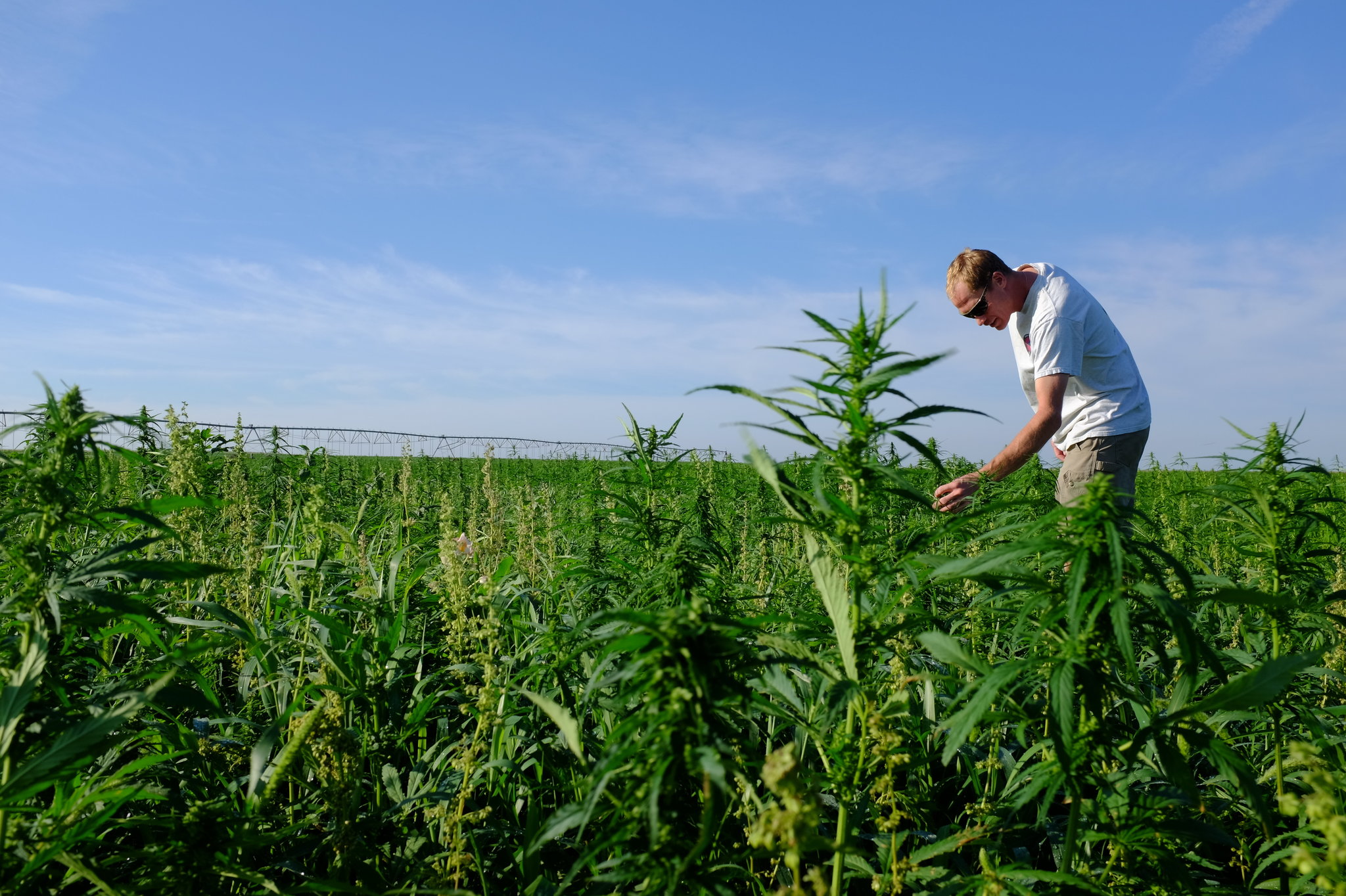
Hemp vs. Everything
HEMP vs. COTTON
- On an annual basis, 1 acre of hemp will produce as much fiber as 2 to 3 acres of cotton.
- Hemp fiber is stronger and softer than cotton, lasts twice as long as cotton, and will not mildew.
- Cotton grows only in moderate climates and requires more water than hemp.
- Hemp is frost tolerant, requires only moderate amounts of water, and grows in all 50 states.
- Cotton requires large quantities of pesticides and herbicides.
- Hemp requires no pesticides, no herbicides, and only moderate amounts of fertilizer.
Who wouldn't want to drink this!
Get to know Hemp, its Amazing!
Eco Friendly & Natural | 2 for 1 Deal
HEMP vs. TIMBER
- It takes years for trees to grow until they can be harvested for paper or wood, but hemp is ready for harvesting only 120 days after it is planted.
- Hemp puts down a taproot in 30 days which prevents topsoil erosion and limits the amount of water it requires which makes it a great crop for arid regions.
- On an annual basis, 1 acre of hemp will produce as much paper as 2 to 4 acres of trees.
- Hemp can be used to produce everything from tissue paper to cardboard.
- Global demand for paper will double within 25 years.
- Hemp is the world's most promising source of tree-free paper.
- The quality of hemp paper is superior to tree-based paper.
- Hemp paper will last hundreds of years without degrading,
- Hemp paper can be recycled many more times than tree-based paper, and requires less toxic chemicals in the manufacturing process than does paper made from trees.
- Hemp can be used to produce fiberboard that is stronger than wood, lighter than wood, and fire retardant.
- Harvesting hemp rather than trees would also eliminate erosion due to logging, thereby reducing topsoil loss and water pollution caused by soil runoff.
- Hemp can grow on most land suitable for farming, but forests and tree farms require large tracts of land available in few locations.
“Hemp is the world’s most promising source of tree-free paper.”
HEMP vs. PETROLEUM
- Hemp can be used to produce strong, durable and environmentally-friendly plastic substitutes.
- Thousands of products made from petroleum-based plastics can be produced from hemp-based composites.
- Mercedes Benz of Germany has recently begun manufacturing automobile bodies and dashboards made from hemp.
It's Time for Hemp Fuel
Hemp Seeds are Delicious!
HEMP vs. FOOD INDUSTRY
- Hemp seeds contain a protein that is more nutritious and more economical to produce than soybean protein.
- Hemp seeds are not intoxicating. Hemp seed protein can be used to produce virtually any product made from soybean: tofu, veggie burgers, butter, cheese, salad oils, ice cream, milk, etc.
- Hemp seed can also be ground into a nutritious flour that can be used to produce baked goods such as pasta, cookies, and breads.
- Hemp seed oil can be used to produce non-toxic diesel fuel, paint, varnish, detergent, ink and lubricating oil.
HEMP vs. FOSSIL FUELS
- Hemp can be converted into clean-burning ethanol fuel.
- Hemp produces more biomass than any plant species (including corn) that can be grown in a wide range of climates and locations.